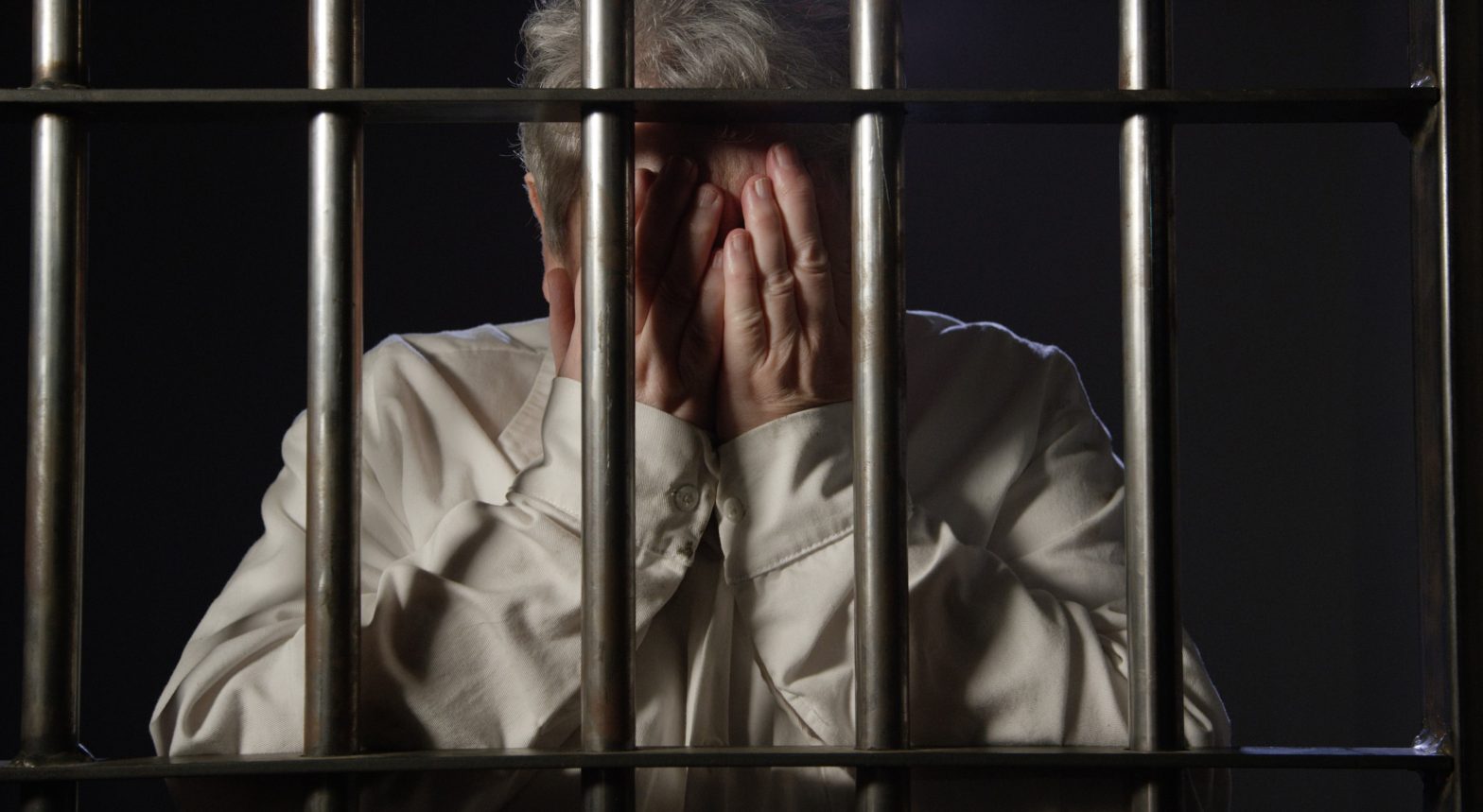In North Carolina, individuals grappling with mental health and substance abuse issues often find themselves caught in a recurring cycle, moving from the streets to North Carolina jails and back repeatedly.
Some sheriffs across the state recognize that jails are not adequately equipped to address the complex needs of these individuals, hoping that Medicaid expansion may ease issues in the judicial system.
Orange County Sheriff Charles Blackwood emphasized during a Thursday meeting of the Governor’s Crime Commission that a conversation about transforming jails into mental health facilities is unnecessary, stating, “That’s misguided at best.”
After going through a recent assessment of his jail, he questioned the familiar issue of what circumstances led certain people to be there.
This issue permeates North Carolina’s criminal justice system. With hopes that Medicaid can alleviate the strain on the justice system, sheriffs and health professionals envision a scenario where expanded coverage prevents some individuals from experiencing episodes that lead to jail.
North Carolina recently initiated the expansion of its Medicaid program, providing access to health insurance for hundreds of thousands who previously fell into the coverage gap—earning too much for assistance yet too little for Affordable Care Act subsidies. The expansion, which began this month, made over 600,000 North Carolinians, constituting about 5% of the state’s population, eligible for Medicaid, with nearly 300,000 automatically enrolled.
However, North Carolina jails and other southeastern states often lack the resources to cater to individuals in need of healthcare, as revealed by an October study from the University of North Carolina.
The study indicated that diminishing nursing coverage in jails places increasing healthcare responsibilities on officers, whose training is typically limited compared to dedicated healthcare personnel.
Eddie Caldwell, the executive vice president and general counsel of the North Carolina Sheriffs’ Association, told the news outlet, The Charlotte Observer, that county jails have unintentionally become mental health facilities.
The association, a statewide lobbying group representing sheriffs’ offices, strongly supported Medicaid expansion, according to Caldwell.
There are several direct advantages, according to Caldwell. First, individuals may receive the necessary healthcare, potentially preventing criminal involvement altogether. Second, those who still enter the criminal justice system may be in better physical and mental condition, reducing the strain on jail staff and associated costs.
The recidivism rate in North Carolina‘s jails is not well documented. However, according to a 2022 study by the North Carolina Sentencing and Policy Advisory Commission, 19,484 out of 47,090 incarcerated individuals—or 41% of the total—were arrested again within two years after their release.
The North Carolina Department of Health and Human Services has applied for programs like the Justice-Involved Reentry Initiative, aiming to provide counseling, case management, medications, and behavioral therapies for inmates 90 days before release.
Mecklenburg County Sheriff’s Office spokesperson Bradley Smith expressed his hope that initiatives like Medicaid’s expansion will help the community and prevent individuals in need from becoming residents inside the detention center.
He stated that it was too early to determine what impact it could potentially have.
Source: https://www.charlotteobserver.com/news/local/crime/article282795633.html
